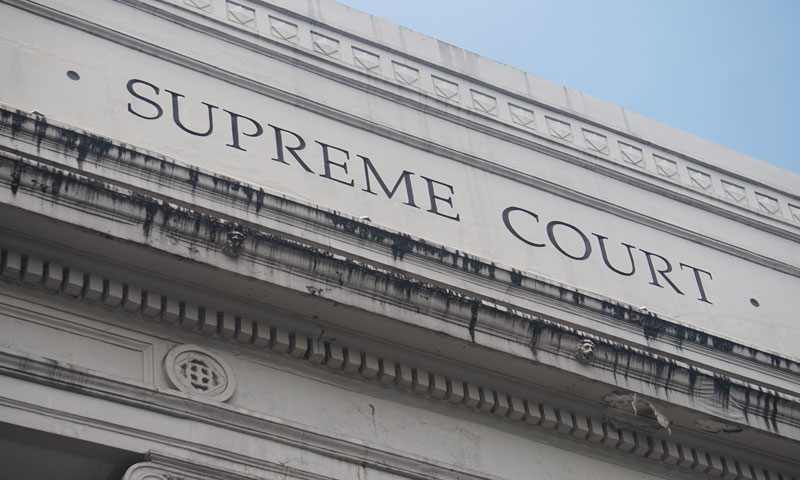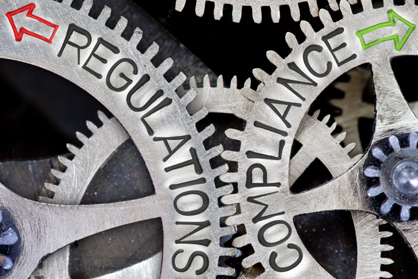
Yale Law School’s decision to cease cooperation with U.S. News & World Report’s annual rankings has ignited a broader conversation within the legal education community. The move and Harvard’s similar announcement prompted speculation about a potential uprising against the longstanding influence of the U.S. News rankings.
The Catalyst for Change
Last year, Yale Law School took a groundbreaking step by refusing to participate in the U.S. News & World Report’s annual law school rankings. This decision, which echoed through the echelons of legal education, was met with both applause and skepticism. Long apprehensive about the rankings’ impact on education quality, school leaders hoped Yale’s defiance would begin a significant shift.
The Ripple Effect
Yale’s announcement on November 16, 2022, sent shockwaves across the legal education landscape, leading to intense internal debates among administrators. Harvard’s simultaneous decision added weight to the momentum. However, not all schools were eager to follow suit. For instance, the University of North Carolina at Chapel Hill expressed concerns about the potential risks of boycotting, emphasizing the benefits gained from participating in the rankings process.
Want to know if you’re earning what you deserve? Find out with LawCrossing’s salary surveys.
The Divergent Paths
While Chapel Hill opted to maintain cooperation with U.S. News, 61 other law schools, constituting nearly a third of those ranked, chose to withhold data for the latest rankings. The aftermath of this revolt remains complex, with U.S. News defending its orders but implementing changes in response to the boycott. The publication now places greater emphasis on student outcomes, relying more on public data and less on information provided by law schools.
Unraveling the U.S. News Debate
Law school deans have consistently criticized U.S. News metrics, arguing that they prioritize high test scores at the expense of other valuable attributes. The rankings’ impact on fundraising, student recruitment, and faculty attraction has been contentious. Many deans assert that even marginal improvements in rankings can significantly influence a school’s reputation and resources.
U.S. News and the Education Quality Dilemma
U.S. News has published education rankings since 1983, covering law schools, colleges, countries, states, and more. Critics argue that these rankings oversimplify the nuanced qualities of educational institutions. Law schools, in particular, face heightened scrutiny as students and alumni often prioritize orders in their decision-making process.
Precedent and Cautionary Tales
Yale’s withdrawal from the rankings is not unprecedented. In 1995, Reed College stopped cooperating with U.S. News’s rankings of national liberal arts colleges, leading to a significant drop in its ranking. The cautionary tale of Reed College looms large, serving as a reminder of the potential consequences of challenging the status quo.
The Continuing Debate
Despite Yale and Harvard’s bold moves, not all law schools joined the revolt. The University of California at Berkeley followed suit the day after Yale and Harvard’s announcements, expressing hope for a cascading effect. However, only a few top-ranked schools declined to support the movement, including the University of Chicago and Cornell University.
U.S. News’s Response
U.S. News faced criticism and internal debate but ultimately continued to rank law schools, irrespective of their cooperation. Changes in methodology, including a greater focus on student outcomes, were implemented. The relationship between U.S. News and the ranked schools remains strained, contributing to a broader discussion about who holds the authority to define educational quality.
The Future of Rankings
As legal education institutions grapple with the revolt’s aftermath, questions persist about the long-term impact on the U.S. News rankings. The debate reflects a broader conversation within higher education about the role and influence of orders in shaping institutional reputation and priorities. The tension between schools and ranking systems raises fundamental questions about the definition of quality in education and the need for a more nuanced evaluation framework.
Don’t be a silent ninja! Let us know your thoughts in the comment section below.







































